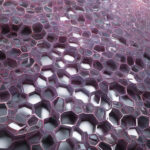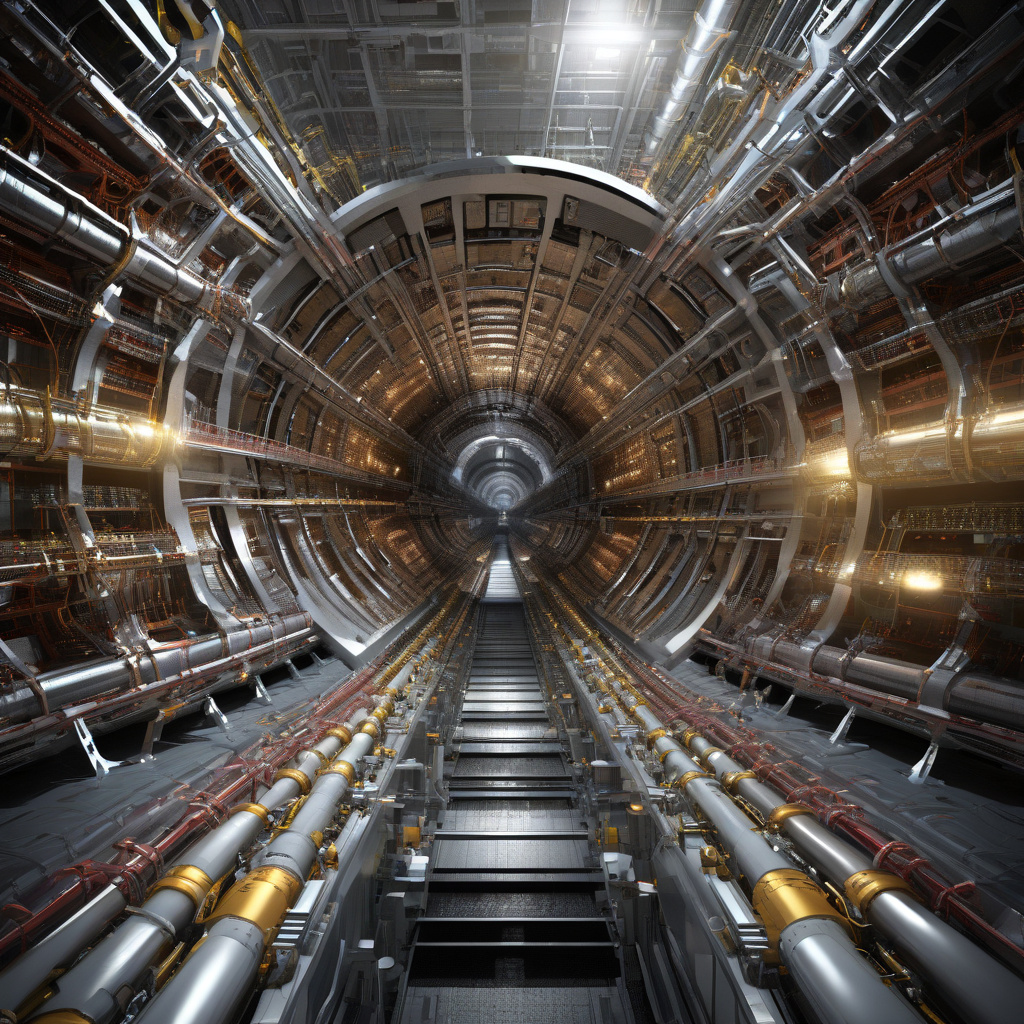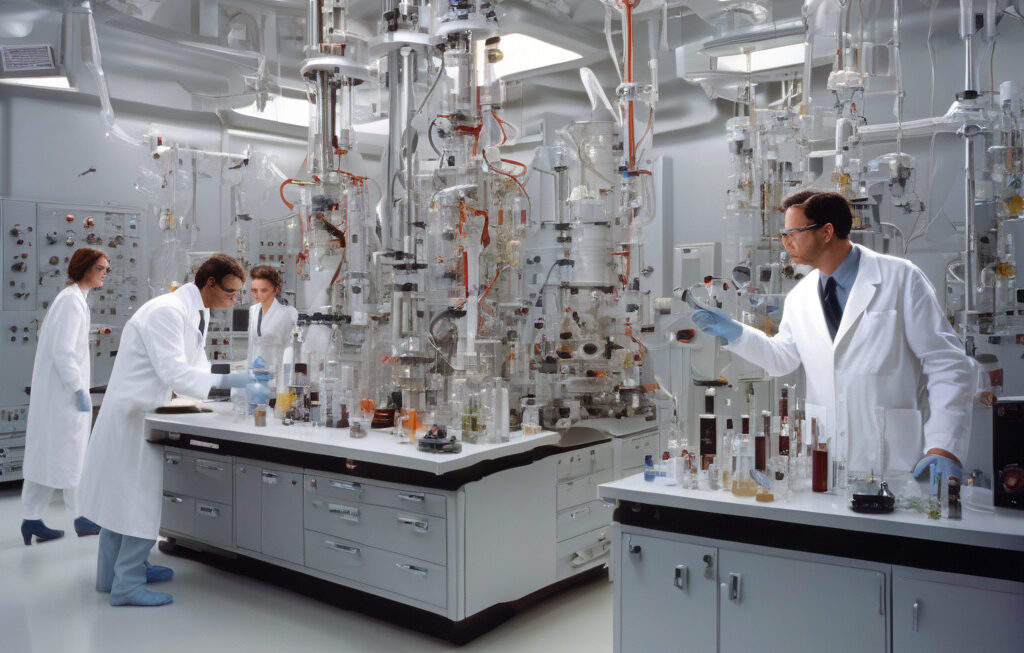The Future of Particle Physics: CERN’s Plans for a Massive 56.5-Mile-Long Collider
CERN, the European Organization for Nuclear Research, has been at the forefront of fundamental scientific exploration for decades. The renowned research facility is best known for its groundbreaking work with the Large Hadron Collider (LHC), the world’s largest and most powerful particle accelerator. However, CERN is not one to rest on its laurels. In a bold and ambitious move, the organization has unveiled plans for the successor to the LHC – a colossal particle collider that will be three times the size of its predecessor, stretching an incredible 56.5 miles in circumference.
The proposed particle collider, currently dubbed the Future Circular Collider (FCC), represents a significant leap forward in the field of particle physics. With its massive scale and unparalleled capabilities, the FCC is poised to revolutionize our understanding of the universe and unlock new realms of scientific discovery.
One of the key objectives of the FCC is to continue the groundbreaking research initiated by the LHC, probing even deeper into the mysteries of the universe. By smashing particles together at incredibly high speeds, scientists hope to recreate the conditions that existed fractions of a second after the Big Bang, shedding light on the fundamental forces and particles that govern the cosmos.
But the ambitions of the FCC extend far beyond simply building on the work of the LHC. The new collider is also expected to open up entirely new avenues of research, tackling some of the most pressing questions in particle physics. From the search for dark matter and the nature of gravity to the exploration of extra dimensions and the origins of mass, the FCC promises to push the boundaries of our knowledge to unprecedented levels.
Of course, such a monumental undertaking does not come without its challenges. Building and operating a particle collider of this scale will require immense financial investment, as well as the collective effort of the global scientific community. However, CERN is no stranger to tackling big challenges, having successfully brought the LHC to life despite initial skepticism and technical hurdles.
Moreover, the potential payoffs of the FCC are more than worth the investment. Just as the LHC paved the way for groundbreaking discoveries such as the Higgs boson, the FCC has the potential to revolutionize our understanding of the universe and drive technological innovation for years to come.
In conclusion, the announcement of CERN’s plans for the Future Circular Collider marks a new chapter in the history of particle physics. With its unprecedented scale and ambitious scientific goals, the FCC has the potential to reshape our understanding of the universe and solidify CERN’s reputation as a global leader in scientific research.
#CERN #FutureCircularCollider #ParticlePhysics #ScientificResearch #Innovation












